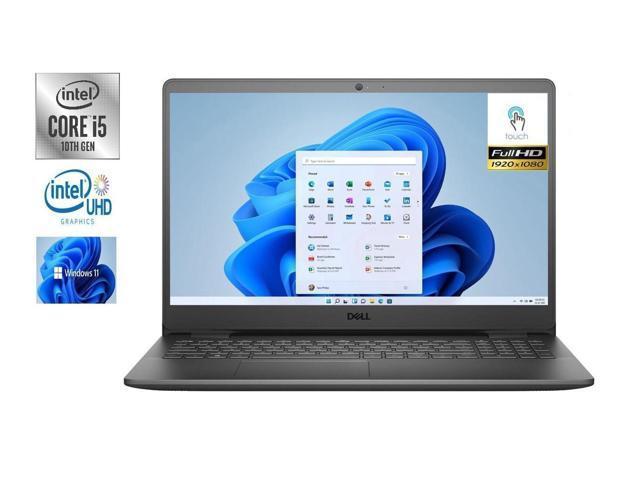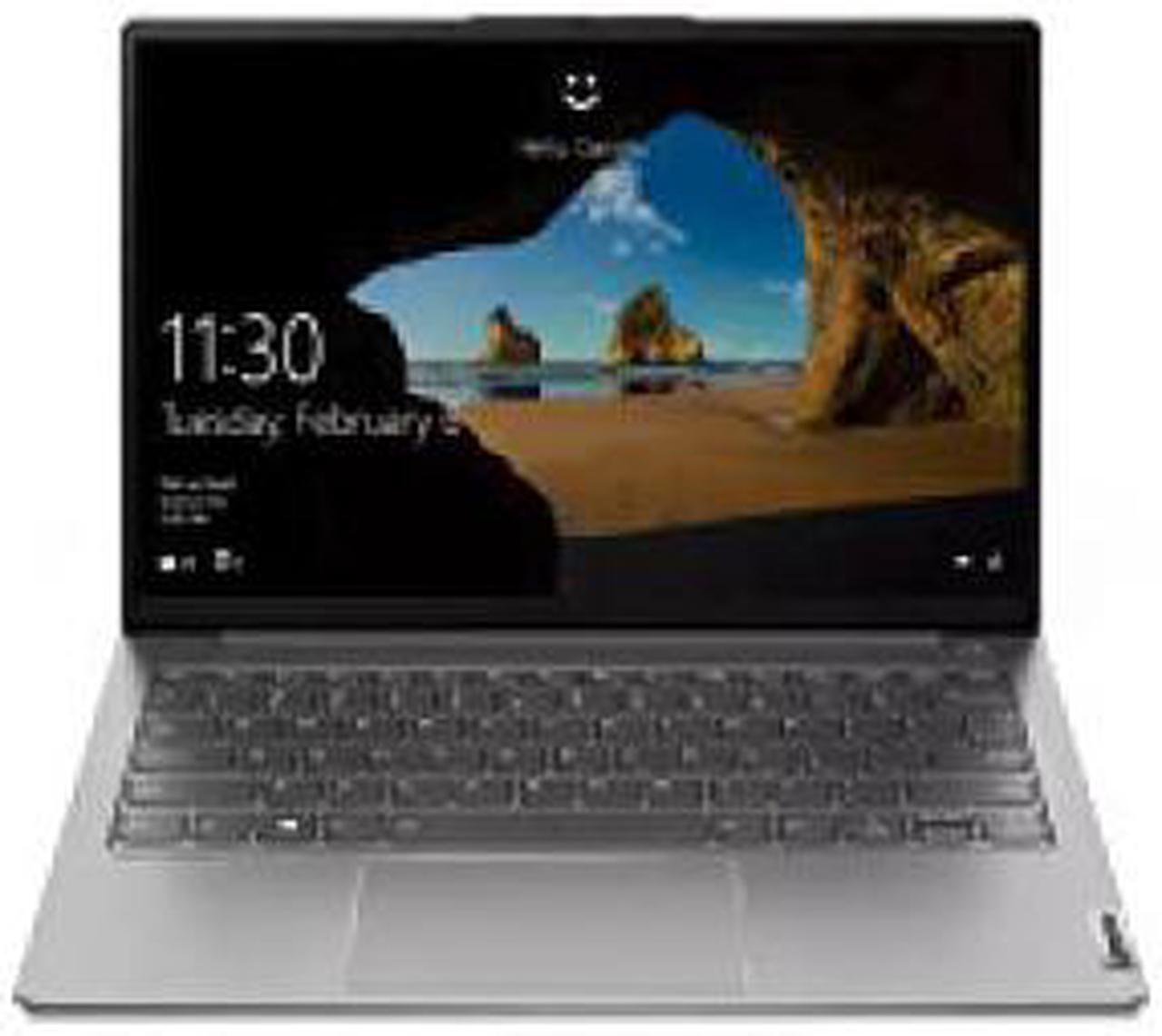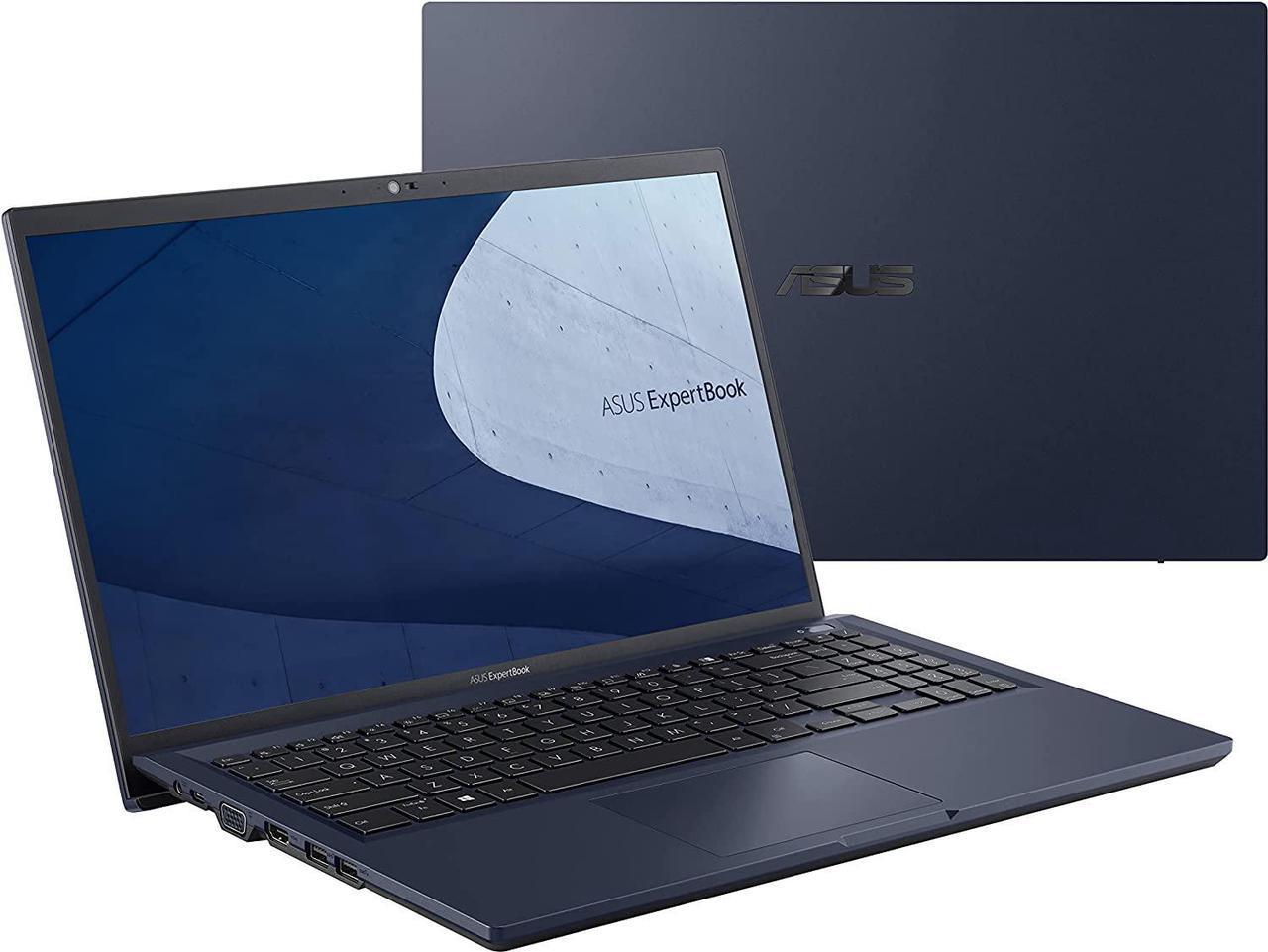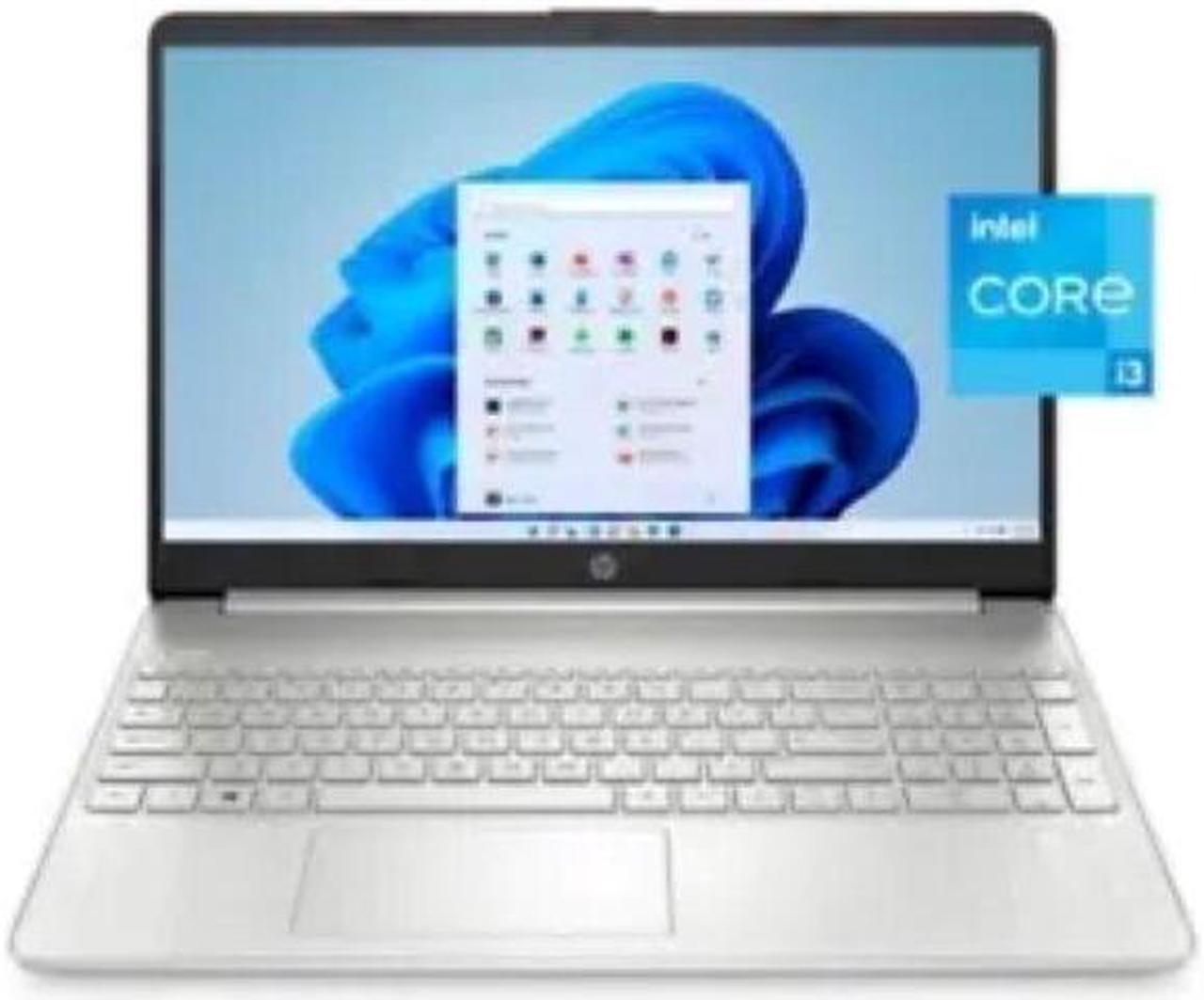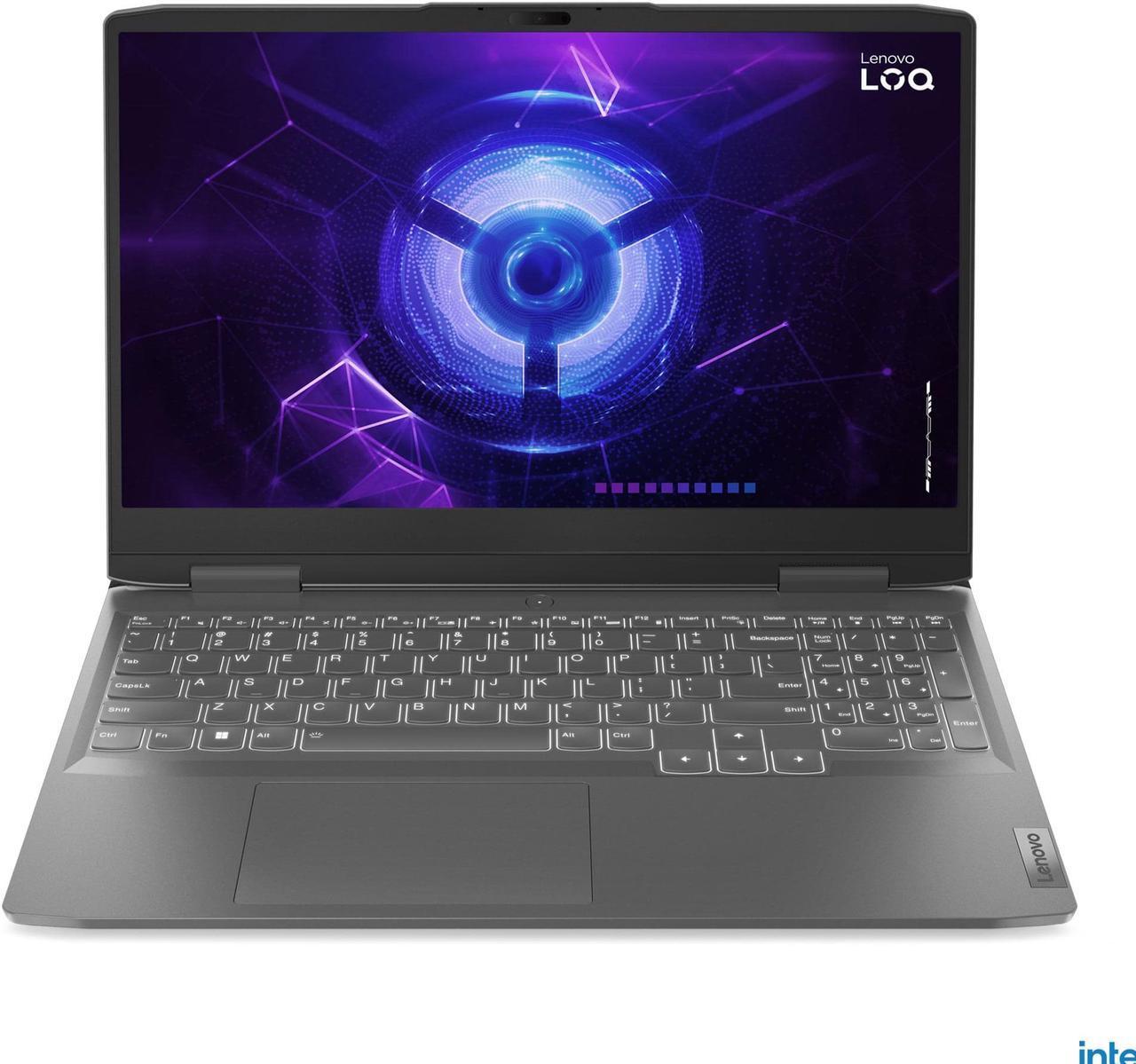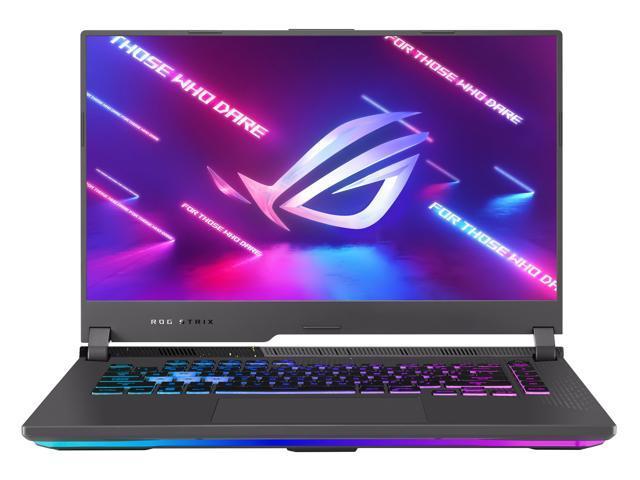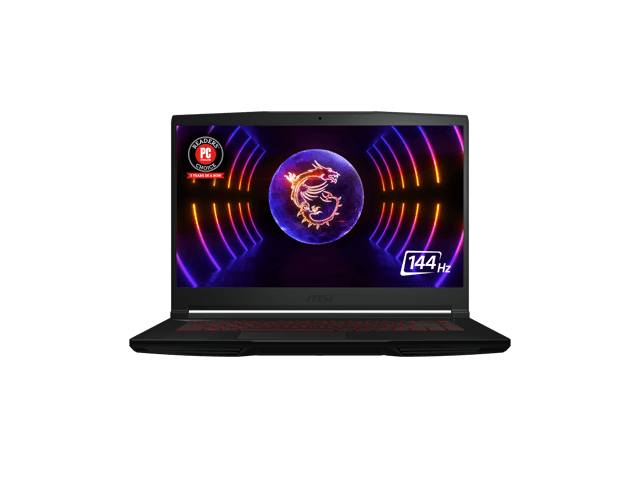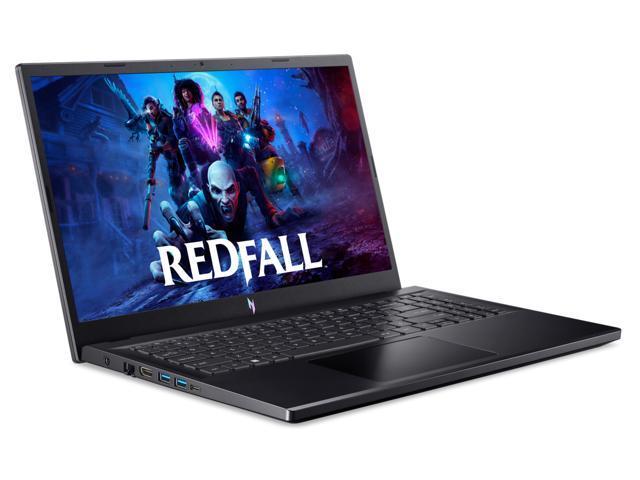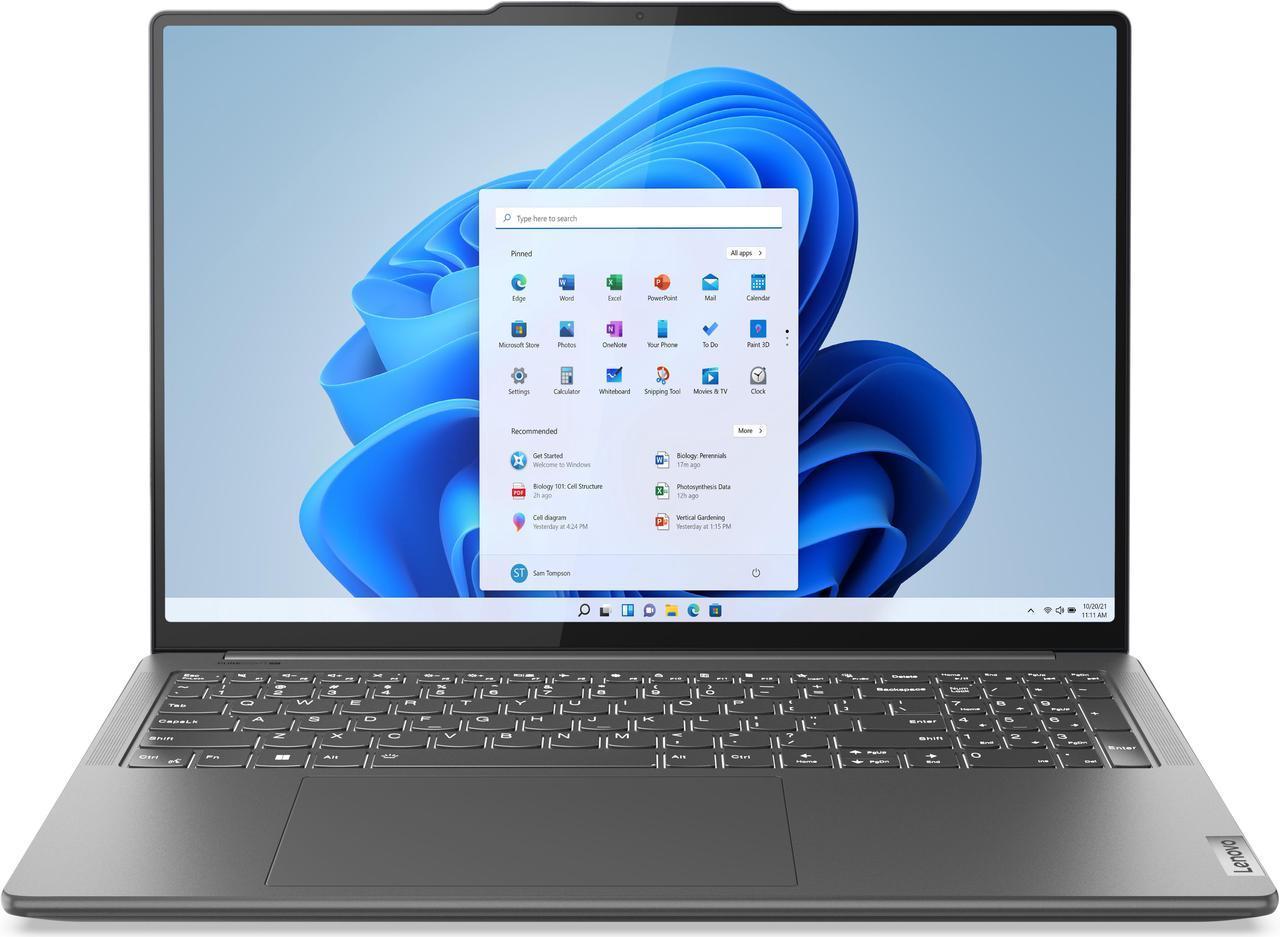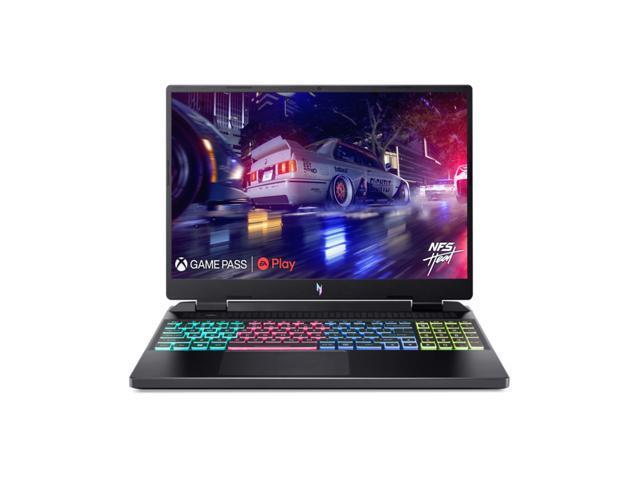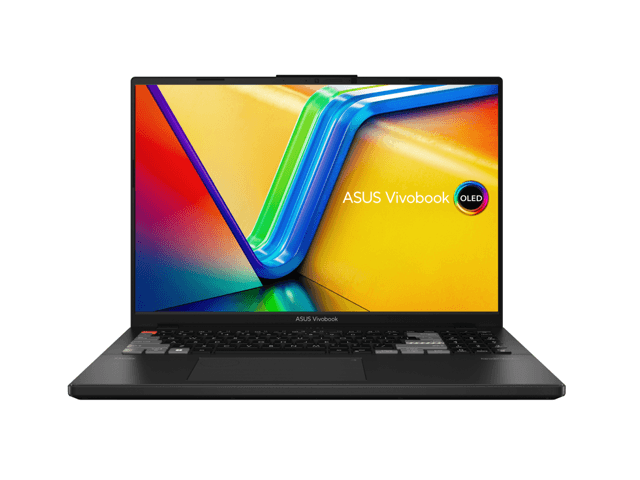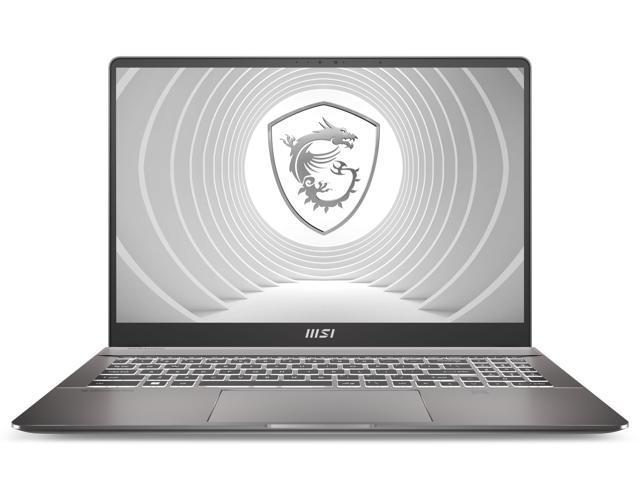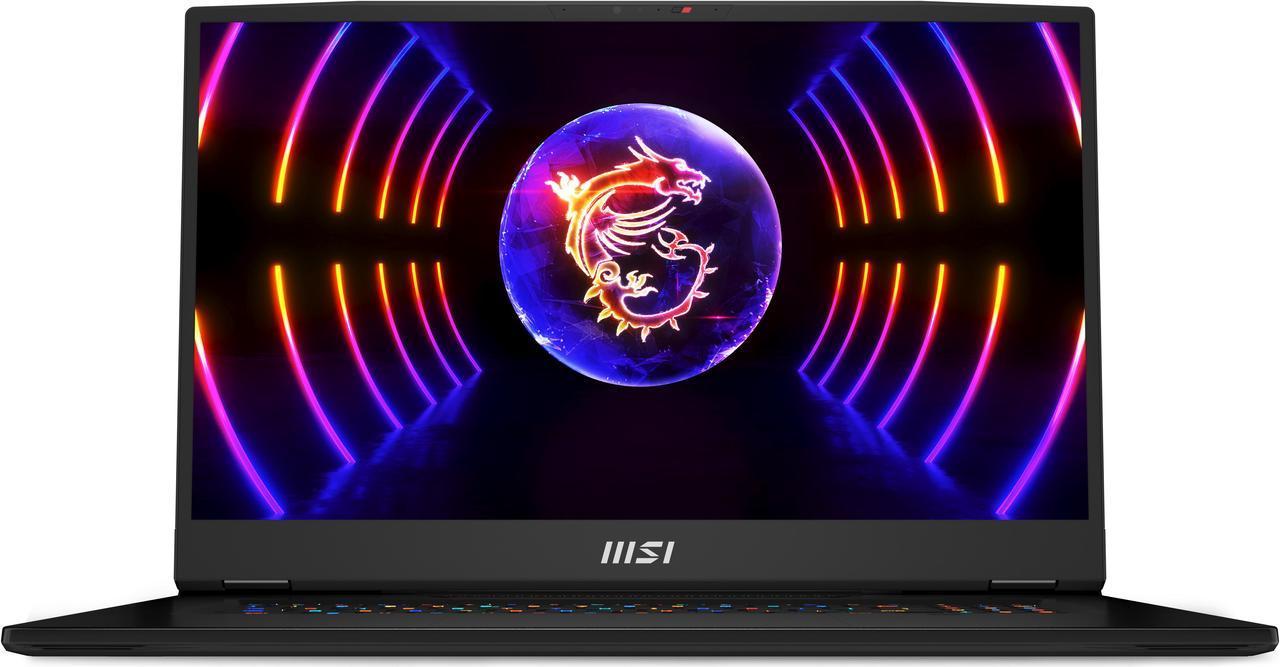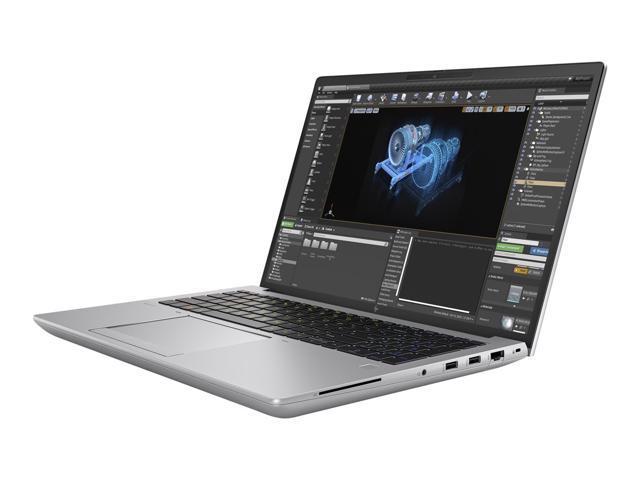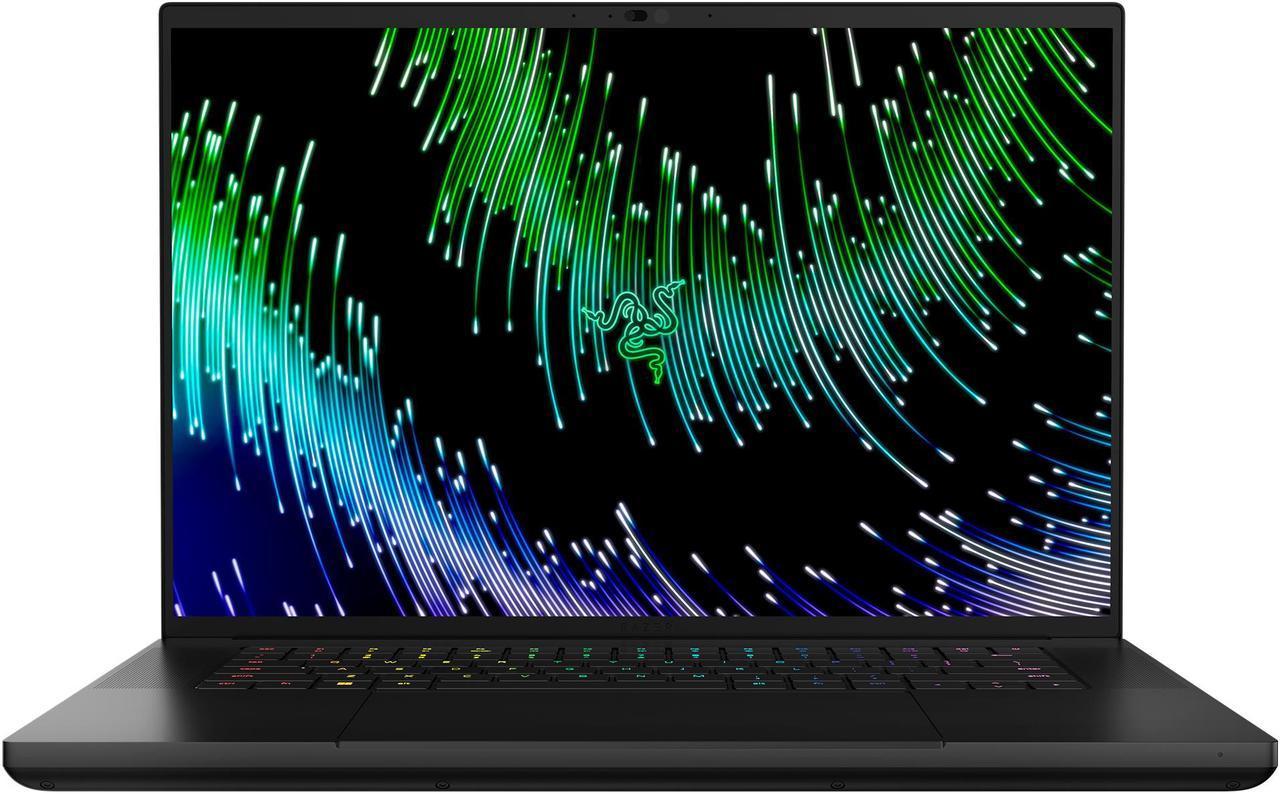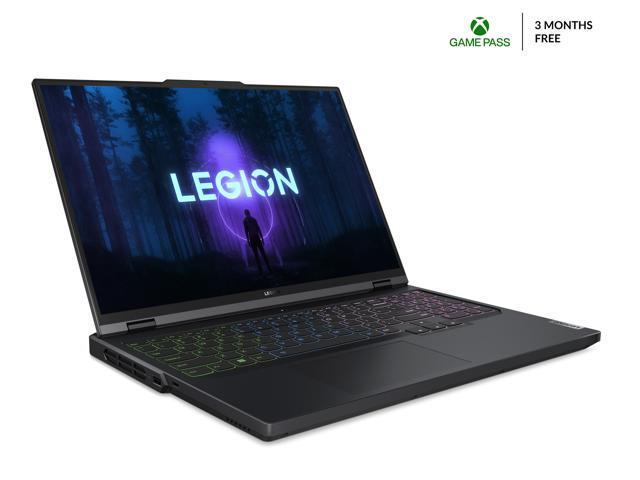Find the best laptop for developers in 2024
Last update:
Alternatives:
The best laptops under $1000:
Alternatives:
The best laptops under $2000:
Alternatives:
The best laptop money can buy:
Alternatives:
A good laptop for software development would feature several important characteristics:
- RAM - at least 16GB for demanding IDEs, containers and virtual machines
- Powerful CPU - compiling large projects require lots of resources
- High-quality screen and keyboard
How to choose the best laptop for software development:
- CPU - Processing Power Matters: Opt for at least an AMD Ryzen 5 or Intel Core i5 processor. Look for high frequency and multiple cores (quad-core or higher) for multitasking efficiency.
- RAM: Go Big or Go Home: Aim for a minimum of 16GB RAM. Working on complex projects would require 24GB or more. Consider buying a laptop with lower amount of RAM and upgrading it yourself. You can save a lot by going this route.
- Storage - Speed is Key: Choose SSD over HDD for faster boot times and snappier performance. A storage capacity of 512GB or higher is recommended.
- Display Quality: The quality of the display matters more than resolution, but 2K resolution and larger screen is helpful. Look for display without PWM-dimming, as you will be looking at it for long hours and flickering may strain your eyes. Consider a matte finish to reduce glare during long coding sessions.
- Keyboard: Opt for a laptop with a comfortable, responsive keyboard. Many engineers swear by Lenovo keyboards, but other manufacturers have gotten better recently. Backlit keyboards are beneficial for late-night coding sessions.
- Portability vs. Power: Developer laptops are not as chunky as gaming ones, but they still tend to be heavy. Consider lightweight ultrabooks for travel and more powerful laptops for intensive tasks.
- Connectivity is Key: Ensure the laptop has sufficient USB ports and other necessary connections. USB Type-C is valuable for versatility, while having an HDMI would be helpful during presentations.
- Operating System: Most developers lean towards Linux for versatility, however Windows and MacOS are also viable. Choose based on your development needs. Ensure compatibility with the software and tools you use.
- Consider Future-Proofing: Invest in a laptop with upgradeable components if possible. Future-proofing ensures your laptop can handle evolving software requirements.
- GPU: Usually not very important: Integrated graphics are often sufficient for coding tasks. Dedicated graphics are necessary only for graphics-intensive work or gaming.
The ideal laptop for software development depends on your specific needs and preferences. Prioritize processing power, RAM, and display quality.

